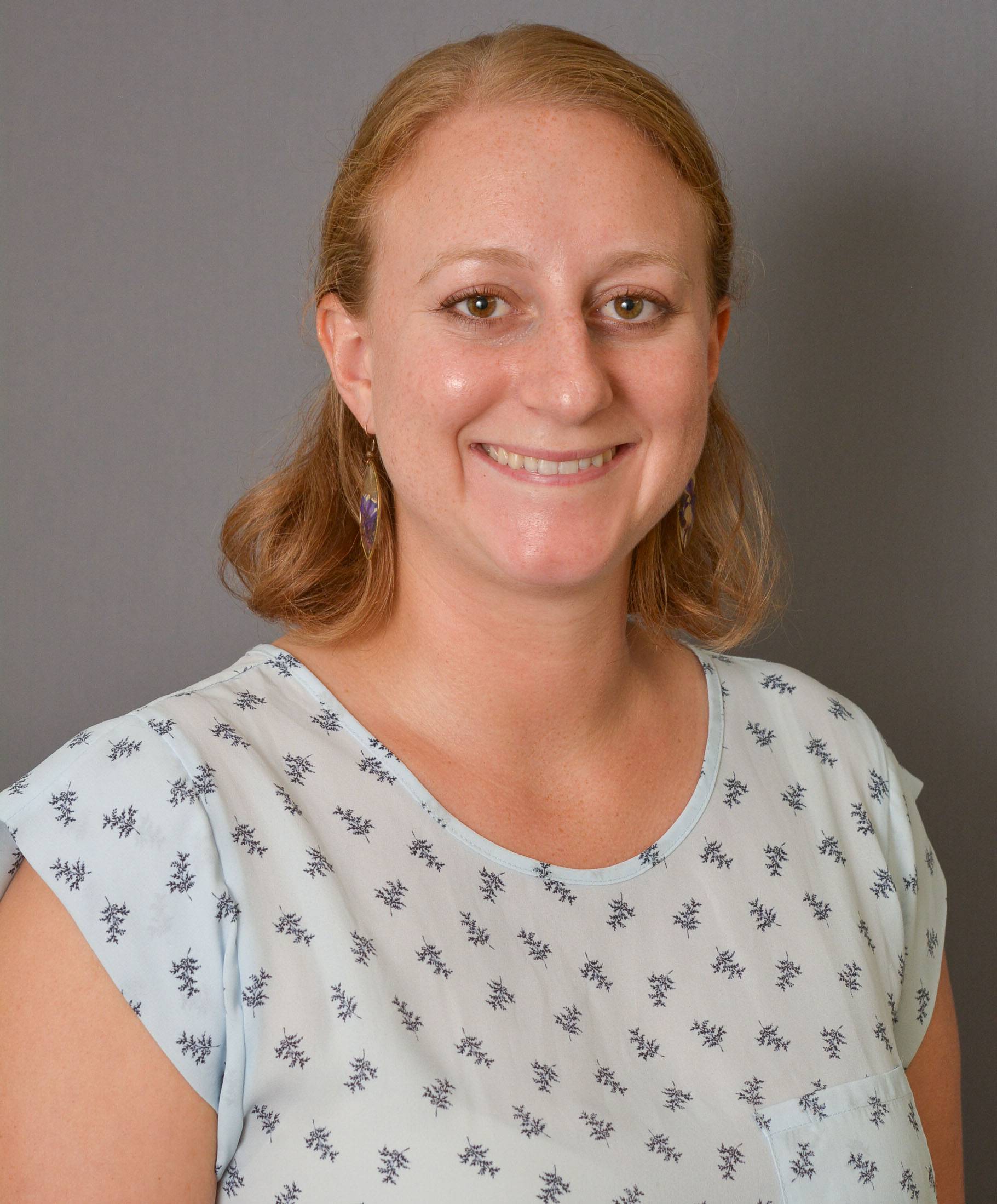Devora Gleiber Selected as an NIJ Graduate Research Fellow

The Graduate College is pleased to announce Devora Gleiber as an awardee of the 2019 National Institute of Justice (NIJ) Graduate Research Fellowship in Science, Technology, Engineering, and Mathematics (GRF-STEM). The NIJ GRF-STEM supports outstanding doctoral students engaged in research in topic areas that are relevant to preventing and controlling crime and ensuring the fair and impartial administration of criminal justice in the United States. Fellows receive up to $50,000 per year, with up to three years of support, for a maximum total award of $150,000. Each award year includes a $35,000 stipend and up to $15,000 for tuition and fees and research-related expenses. NIJ received approximately 150 applications last year across both the STEM and Social and Behavioral Sciences (SBS) tracks and selected only 24 Graduate Research Fellows nationally. Of the 14 GRF-STEM awardees in 2019, two are from Texas State: Devora and Courtney Siegert. These students are also Texas State’s first Graduate Research Fellows.
Devora is a doctoral student in applied anthropology with a focus on biological anthropology. She earned a Bachelor of Arts in anthropology from Brandeis University and a Master of Arts in anthropology from Texas State University. Devora currently holds a Doctoral Instructional Assistantship (DIA) and Doctoral Research Assistantship (DRA). Her DIA position is in the anthropology department, where she assists Dr. Deborah Cunningham with her undergraduate course “History of Evolutionary Thought.” As a DRA, Devora works with Dr. Daniel Wescott, Dr. Cunningham, and researchers at Johns Hopkins University on an NSF-funded grant project to investigate the effect of obesity on trabecular bone architecture (porous bone with a structural support function) across multiple elements and sites in the human skeleton.
Devora originally wanted to study marine biology. She grew up in laboratory environments, spending time in her father’s food and water testing laboratory. The tools and methods of science fascinated her, but early life experiences of traveling to classical archeological sites had also cultivated an interest in history. These dual interests of science and historical research would lead to a series of life-changing field school experiences. During her Dig-for-a-Day field school experience in Israel, Devora uncovered a love of archeology and decided to pursue both anthropology and biological sciences for her bachelor’s degree at Brandeis University, where, in a human osteology (skeletal structures) class, she became fascinated with forensic anthropology. During a summer field school experience in Spain, she began studying biblical archeology and paleoanthropology, which led to studying paleoanthropology abroad in Kenya and forensic anthropology in London during her junior year, but she could choose only one discipline to study for her master’s degree. While both fields, to an extent, engage in a living process of uncovering the past through the exploration of human remains, the experiential and concrete nature of forensic anthropology—as opposed to the more speculative nature of paleoanthropology—motived Devora’s choice to pursue her master’s degree in forensic anthropology at Texas State University. With Dr. Wescott as her adviser, Devora’s master’s thesis was the first thesis at TXST to use a new micro-CT high-resolution imaging system in the Grady Early Forensic Anthropology Laboratory acquired through an NSF grant. The scanner allows for nondestructive examination and virtual reconstruction of human remains.
Devora’s dissertation research, supervised by Dr. Wescott, is a continuation of her master’s thesis. Using the micro-CT scanner, she examines trabecular bones of the lower extremities of mobility-impaired populations (amputees, paraplegics, and individuals with cerebral palsy) and compares the bone structures of these populations to those of non-mobility impaired populations to investigate how lack of mobility contributes to the formation of human skeletal structures. "Studying all the samples that people typically eliminate from their studies," Devora sifts through data of this understudied group to more confidently determine which structural skeletal changes are due to load-bearing mobility forces and which structural elements are innate, with a goal of establishing a set of biological baseline factors. Knowing more precisely how mobility affects bone structure could lead to specific mobility-impairment signatures that would allow forensic caseworkers to more accurately identify individuals from these vulnerable populations. Devora’s dissertation work also broadly examines baseline bone structures that are not due to mechanical factors, adding robustness to research on locomotive patterns of historical primate populations and their subsistence patterns, which have built-in assumptions of locomotion. These distinctions—all inferred from trabecular structure—are necessary to make inferences about present-day and archeological populations.
Asked what she learned about applying for the NIJ GRF award and what she thinks contributed to her selection as an awardee, Devora credits her advisor, Dr. Wescott, and Dr. Andrea Hilkovitz, one of the external funding coordinators in The Graduate College, with whom she worked on her GRF application. Asked what advice she would give to future applicants, Devora says, "Don't doubt yourself. Trust that you've been guided in the right direction…and try your best. That's all you can do.”